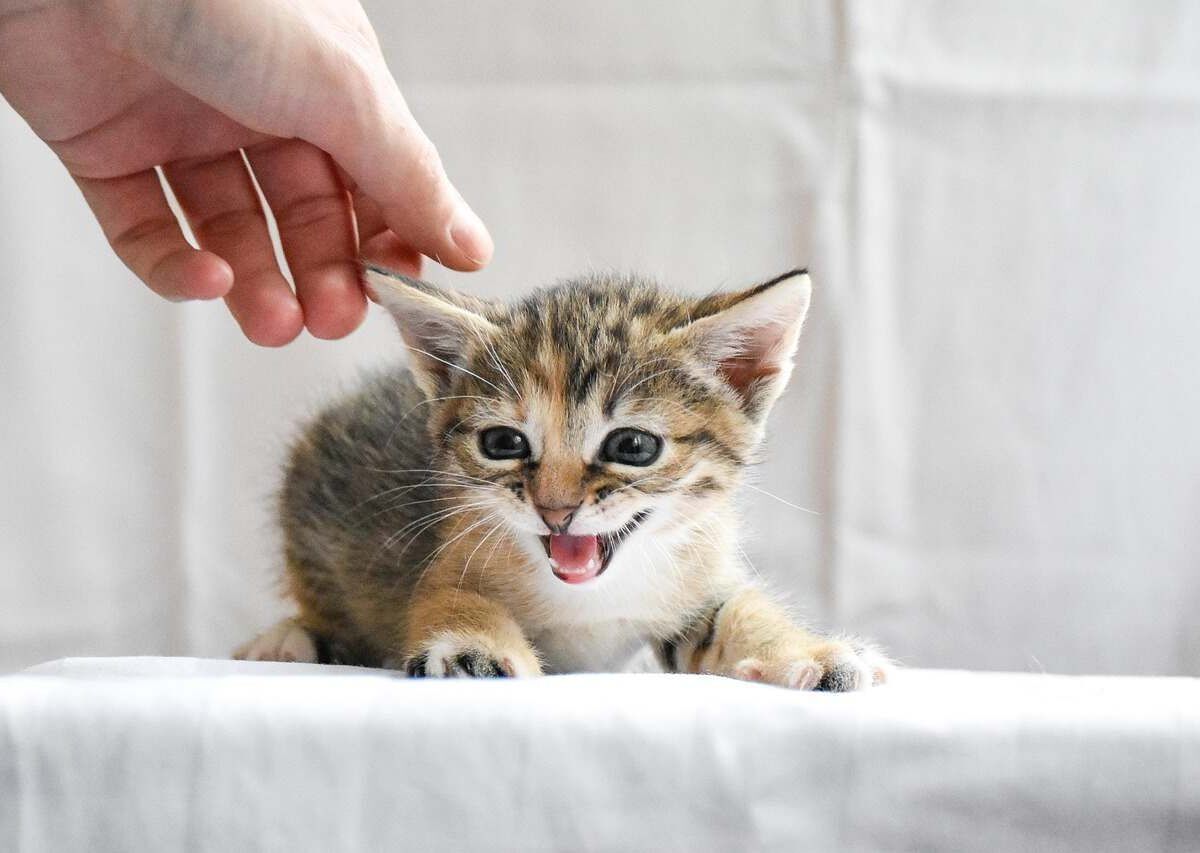Bringing a female kitten into your home is an exciting and rewarding experience. But it also comes with responsibilities that ensure she grows into a healthy, well-adjusted cat. From early vet visits to understanding behavioral traits and reproductive health, here’s what you need to know about raising a female kitten.
1. Early veterinary care is crucial
According to the American Veterinary Medical Association (AVMA), kittens should visit a veterinarian within their first week at home. These early check-ups include vaccinations for diseases such as feline distemper, feline herpesvirus, and calicivirus. Deworming and flea treatments are also typically part of the early care plan.
2. Feeding your female kitten right
A balanced diet plays a critical role in your kitten’s growth. The Humane Society of the United States recommends feeding kittens specially formulated kitten food until they’re about a year old. This food contains the essential nutrients they need for bone development, organ function, and immune health.
Ensure fresh water is always available, and consult your vet for advice on portion sizes and feeding frequency. Overfeeding can lead to obesity, which female cats are particularly prone to after spaying.
3. Spaying: When and why it’s important
One of the most important health decisions you’ll make for a female kitten is whether and when to spay her. The AVMA supports early spaying (as young as 8 weeks old), but most vets recommend it be done between 4 to 6 months of age—before the first heat cycle.
Spaying not only prevents unwanted litters but also reduces the risk of uterine infections and breast tumors, which are malignant in about 90% of cats, according to ASPCA veterinary sources.
4. Behavioral patterns in female kittens
While personality can vary widely, female kittens are often perceived as more independent and cautious than their male counterparts. However, these traits aren’t hard rules.
Certified feline behaviorist Pam Johnson-Bennett emphasizes that how kittens are handled and socialized early in life significantly influences their comfort and behavior around people later on.
5. Litter training and hygiene
Litter training is usually straightforward with kittens, especially when started early. Female kittens often take to litter boxes quickly, though consistency is key. Keep the litter box clean and accessible to encourage good habits. According to the Cornell Feline Health Center, maintaining a clean litter box is crucial, as some cats may avoid using a box that contains any urine or feces, leading to inappropriate elimination behaviors.
6. Enrichment and playtime
Play is essential for developing motor skills and preventing boredom. Female kittens, like all kittens, benefit from interactive toys, climbing posts, and puzzle feeders. These activities provide both physical exercise and mental stimulation.
7. Building a bond
Lastly, raising a female kitten is an opportunity to build a strong, trusting bond. Gentle handling, positive reinforcement, and respecting her space go a long way. Over time, even the most reserved kitten can become a loving and loyal companion.
Do you own a female kitten?
Let us know by leaving a comment below, or send a WhatsApp to 060 011 021 1.
Subscribe to The South African website’s newsletters and follow us on WhatsApp, Facebook, X and Bluesky for the latest news.
